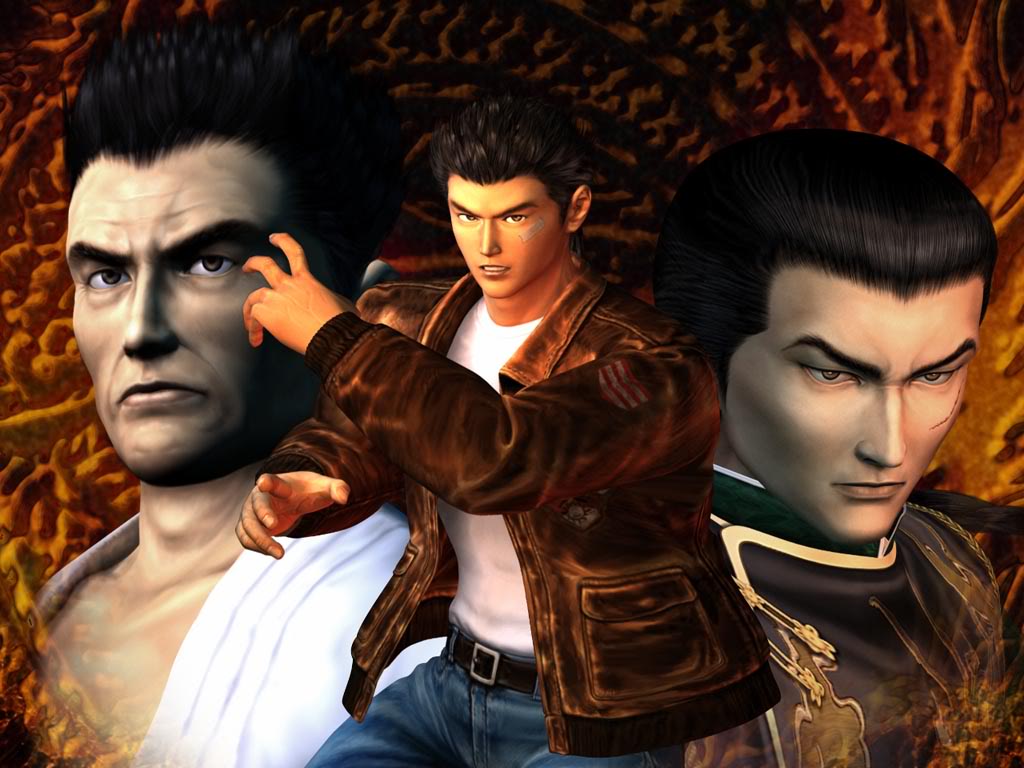This post has not been edited by the GamesBeat staff. Opinions by GamesBeat community writers do not necessarily reflect those of the staff.
Thi s February past, I witnessed pianist, Thomas Yu, perform Rachmaninoff’s Piano Concerto No. 3. I can say with zero doubt that it was the most amazing thing I have ever been a part of. I say “been a part of” because the experience was so electric that every person in attendance felt as though they were fueling Yu to reach the pinnacle of natural ecstasy.
s February past, I witnessed pianist, Thomas Yu, perform Rachmaninoff’s Piano Concerto No. 3. I can say with zero doubt that it was the most amazing thing I have ever been a part of. I say “been a part of” because the experience was so electric that every person in attendance felt as though they were fueling Yu to reach the pinnacle of natural ecstasy.
Every eager ear listened with anticipation. We watched in awe as Yu’s fingers expertly pressed the ivory. Every note was absorbed with complete satisfaction. And when the final note was played, the crowd rapturously rose to their feet, clapping and yelling words of appreciation. It was as though we had been waiting throughout the entire performance to thank this man for giving us such a wonderful gift.
I often reflect on this. In fact, whenever I walk away from a book, movie, album or videogame, I compare it to this. It’s an entirely unfair comparison to be making. The Rach Three remains one of the greatest pieces ever written and to see it played live, by a professional, is easily more memorable than trying to retake the White House in Modern Warfare 2. Is it unfair to have such lofty expectations for the medium I cherish?
In 1998 I, as did a lot of gamers, played Metal Gear Solid for the first time. This game was, to me, of special significance. Until this game, a boss battle was just a boss battle. But as I fought my way through the game, I was confronted by complex characters with history and regrets. When I killed Sniper Wolf, for the first time ever, a videogame played on my emotions. A videogame forced me to feel something beyond the anger of dying because of a silly mistake or the satisfaction for seeing the end credits. A Videogame made me feel pity at the tragic life that had just ended.
The year 2000 brought me Shenmue. I had never stepped foot in a foreign country (unless you count America… but ask a Canadian who doesn’t live there, and Quebec seems more foreign than the USA) and Yu Suzuki’s ambitious title allowed me to, in a way, visit Japan. It felt like I was living another life. A life much more interesting than what an average life could possibly allow. Loss, Revenge… Sailors; it was all there. The sheer immersion allowed me to feel as though I was a part of the world. Something a videogame had never afforded me previously.
2005 brought Dragon Quest VIII: Journey of the Cursed King. Admittedly, it didn’t bring me any feelings that I hadn’t felt with other games. It was a fantastic game that catered to my every expectation for a Japanese RPG. It wasn’t until a year after I had finished it that I realized just how special a game it was. I looked back at it with a fondness that really can’t be compared to any other game; not Ico nor Ocarina of Time. I felt an unusual contentment as I remembered it. Telling myself I’ll go back to it one day, but I won’t be disappointed in myself if I don’t. Occasionaly, first times can comfortably remain the only times.
Thomas Yu’s performance played on my emotions. It made me feel like I was a part of him. I reflect on it, wanting to see it again, but content with what I had. It made me feel all this, and so much more. I’ve had similar experiences with videogames, but never in one incredible torrent. Yes. It’s unfair for me to compare (expect?), but I cannot convince myself to do otherwise.
I maintain the belief that a videogame will never achieve the emotional apogee that Rachmaninoff was able to. Despite this, nothing would please me more than to be proven wrong.

Two words have been purposly left out of this post. The reason? They are exhausted and have become, to me, boring topics. The words? 1. Rymes with "smart." 2. Ryhmes with… "Geebert."
